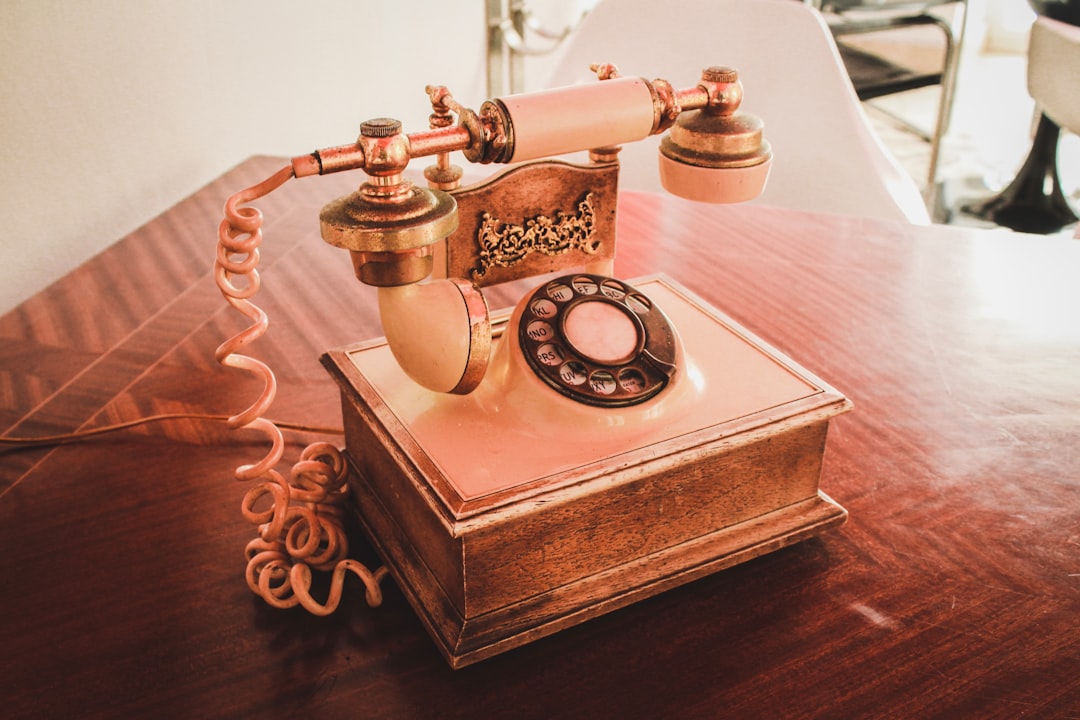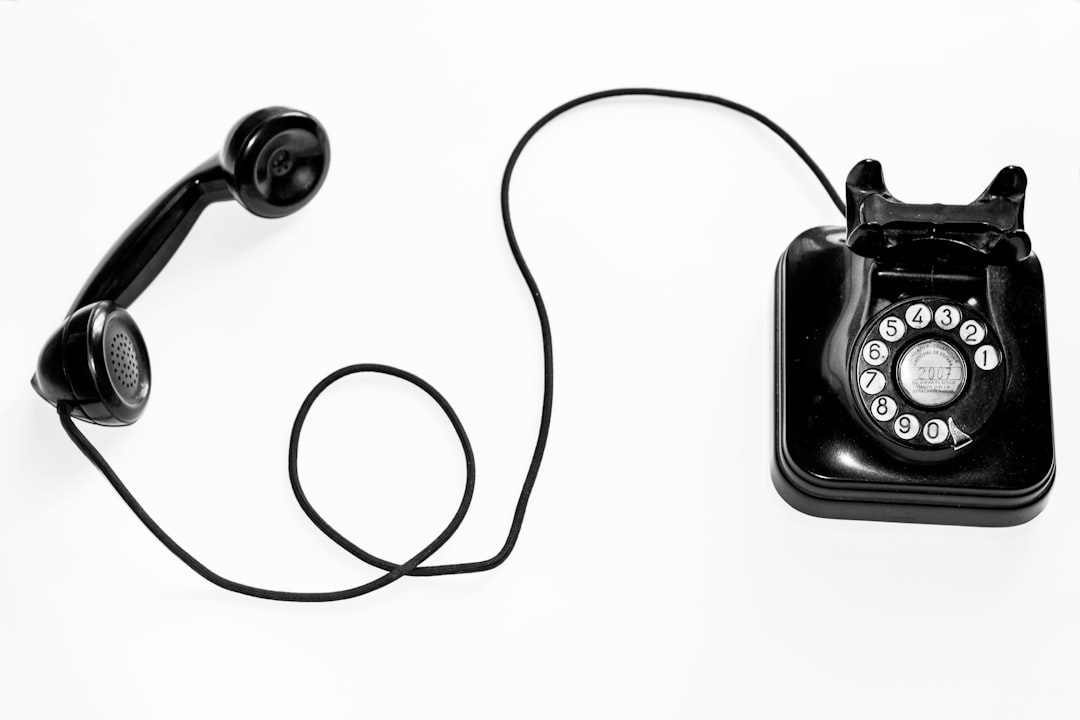In Memphis and Tennessee, businesses using autodialers for telemarketing must follow strict regulations to protect consumers from unwanted calls. Consent is crucial, with opt-in methods including forms or face-to-face interactions, while calls are prohibited between 9:00 p.m. and 8:00 a.m. Non-compliance can lead to complaints and legal issues, making it vital to consult an experienced autodialer lawyer Tennessee. These experts guide businesses and consumers through telemarketing regulations, addressing issues like unauthorized calls, do-not-call list mismanagement, and unfair marketing tactics, ensuring privacy rights and fair practices.
In Memphis, navigating autodialer complaints requires a deep understanding of Tennessee’s laws and regulations. With a surge in automated phone calls, both businesses and consumers face challenges. This article guides you through the intricacies of autodialer compliance, exploring common grievances, your rights, effective handling strategies, and the pivotal role an autodialer lawyer plays in resolving disputes. Learn how to manage these issues adeptly, ensuring legal adherence and customer satisfaction. For expert advice, turn to a Tennessee autodialer lawyer.
Understanding Autodialer Laws and Regulations in Tennessee
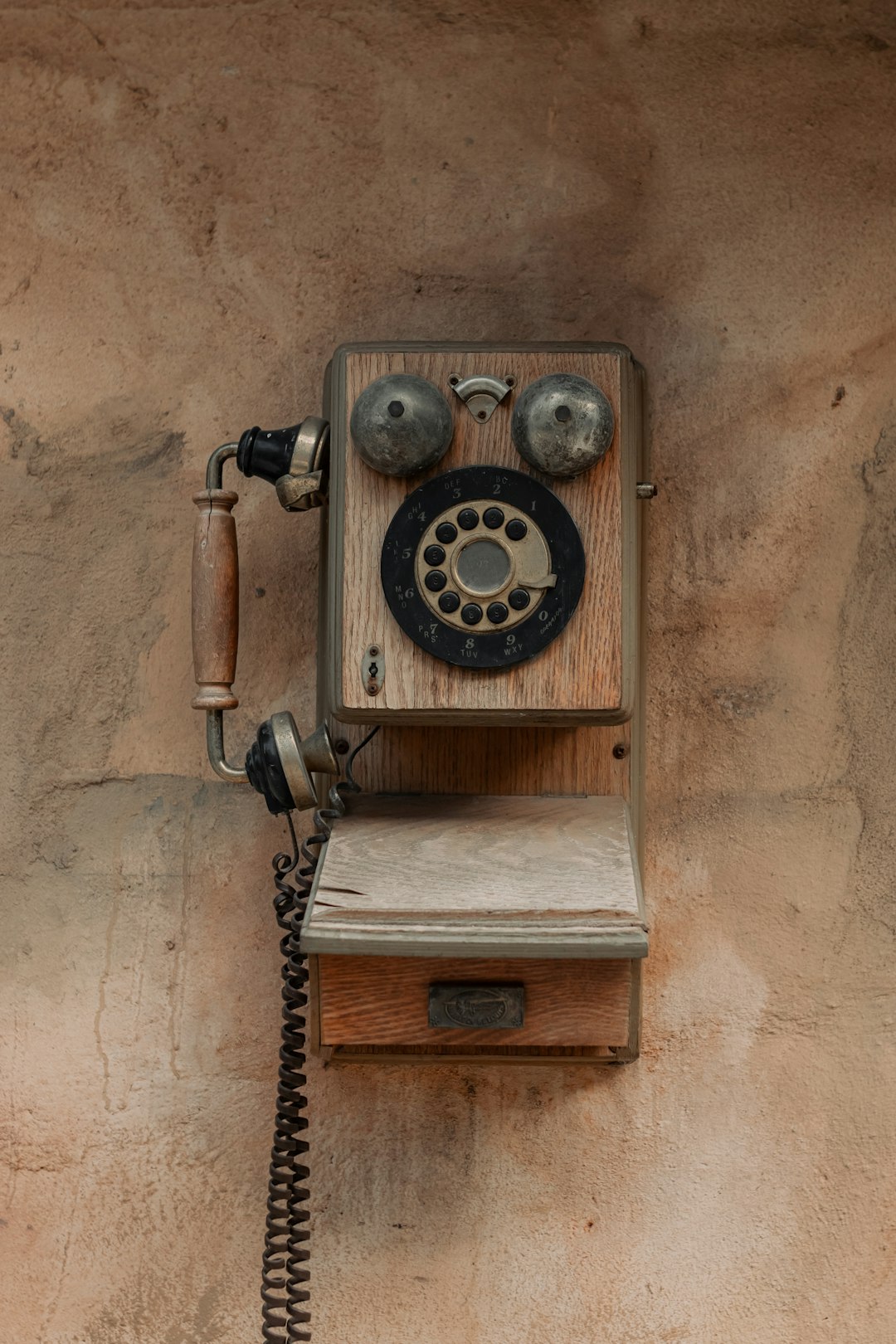
In Memphis, as across Tennessee, the use of autodialers for telemarketing or sales purposes is heavily regulated to protect consumers from unwanted and intrusive calls. The state has specific laws in place that govern the behavior of businesses employing autodialers, including restrictions on when and how these devices can be used. Understanding these regulations is crucial for any business utilizing autodialing technology to ensure compliance and avoid legal issues. An experienced autodialer lawyer Tennessee can provide guidance tailored to your operations to navigate this complex landscape.
Tennessee law requires businesses to obtain explicit consent from consumers before using an autodialer to place telemarketing calls. This means that customers must opt-in, often through a clear and concise consent form or during a face-to-face interaction, to be contacted by automated dialing systems. Additionally, there are restrictions on the timing of these calls; for instance, calls are prohibited between 9:00 p.m. and 8:00 a.m., reflecting a respect for personal sleep cycles and peace. Adhering to these rules is essential to avoid complaints and potential legal repercussions.
Common Complaints Against Autodialers: A Breakdown

In Memphis, as across the nation, autodialers have become a double-edged sword. While they offer businesses an efficient way to connect with customers, they also give rise to numerous complaints from residents who feel plagued by unwanted calls. Common grievances against autodialer services in Tennessee often revolve around violations of privacy laws and consumer rights. Many Memphis citizens express frustration over receiving automated phone calls without prior consent, leading to a surge in inquiries for an autodialer lawyer in the area.
These complaints typically include allegations of harassing calls, misrepresented or deceptive marketing practices, and failure to honor opt-out requests. Individuals affected by such actions often seek legal recourse, emphasizing the need for businesses using autodialers to adhere strictly to regulations governing telemarketing and consumer protection. An autodialer lawyer in Tennessee can guide both victims and companies navigating these complex issues, ensuring fair practices and compliance with state laws.
Legal Rights of Businesses and Consumers in Memphis
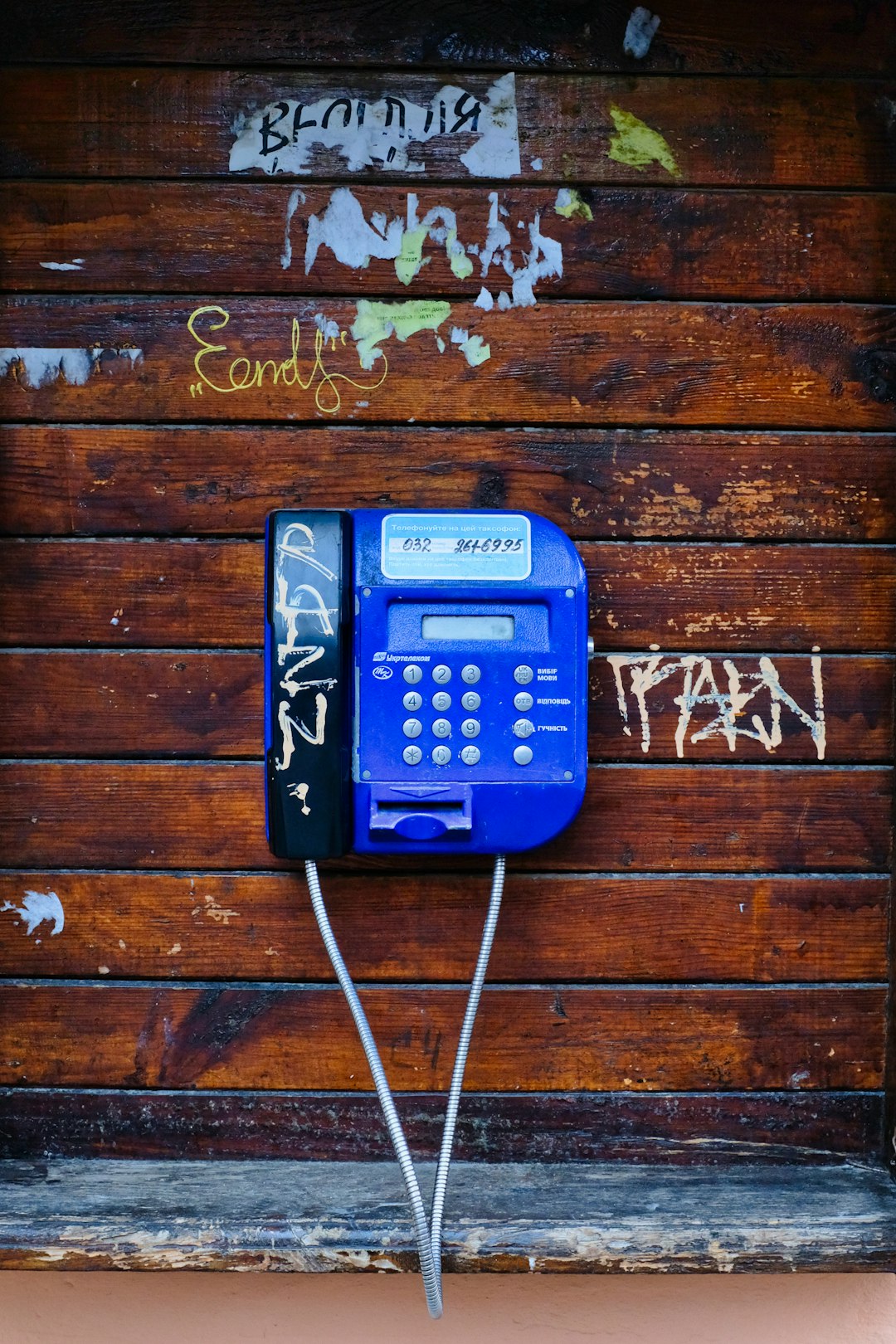
In Memphis, both businesses and consumers have specific legal rights when it comes to autodialer complaints. For businesses, it’s crucial to understand that automated dialing systems must comply with the Telephone Consumer Protection Act (TCPA) and similar state laws, which govern how calls can be made and what consent is required from recipients. This means clear and informed consent, often in writing, for marketing or non-emergency calls. Businesses found to have violated these rules may face significant financial penalties and legal action taken by affected consumers or the Federal Trade Commission (FTC).
Consumers, on the other hand, enjoy protections against unwanted or misleading automated calls. They have the right to file complaints with regulatory bodies and seek legal counsel from an autodialer lawyer in Tennessee if their rights are violated. This includes cases where businesses use aggressive collection tactics, fail to obtain proper consent, or misrepresent the nature of their calls. Knowing these rights is essential for both parties to ensure fair practices and resolve disputes effectively.
Strategies for Handling Autodialer Complaints Effectively
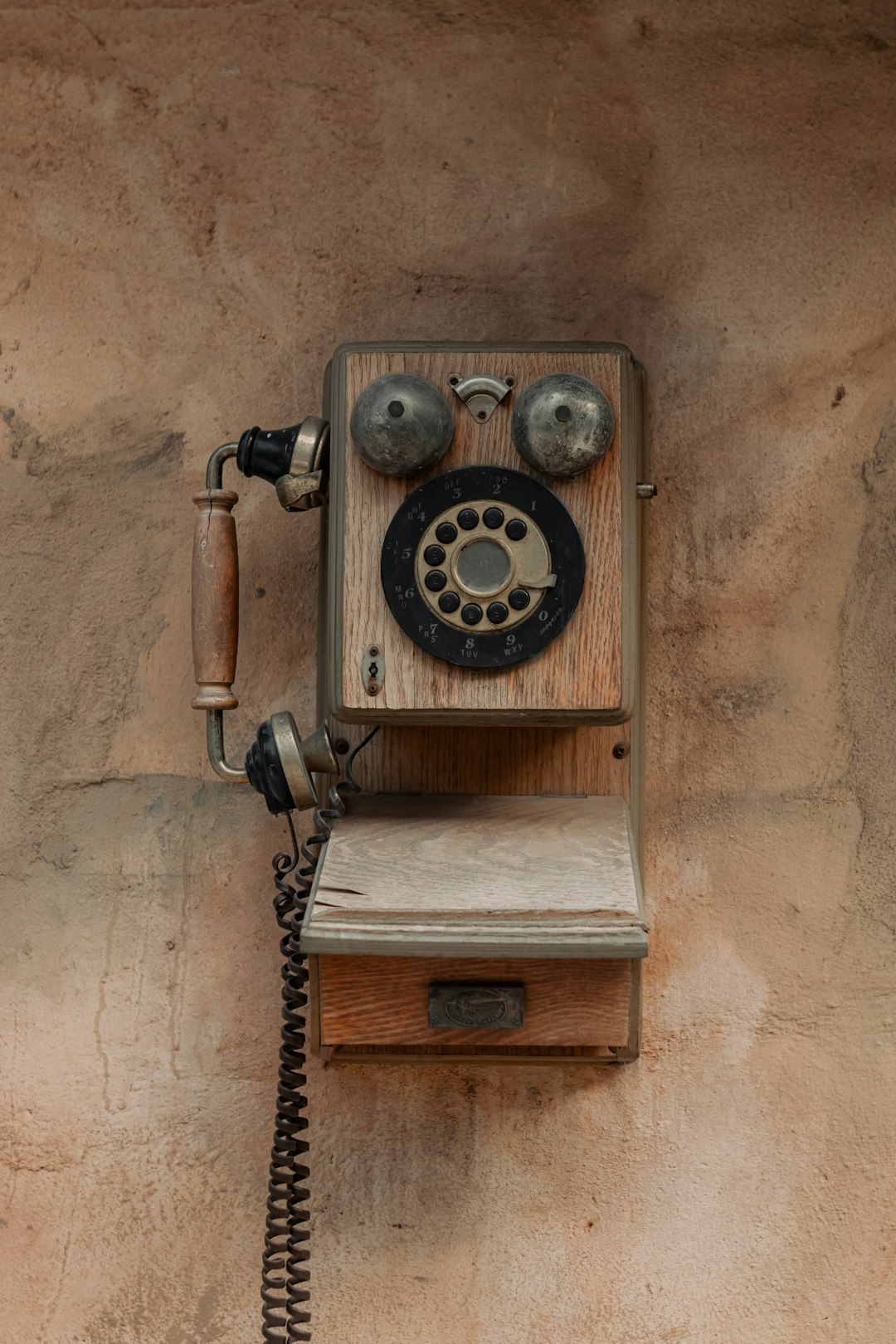
When faced with complaints about autodialers in Memphis, businesses and marketing teams should employ strategic tactics to address and resolve issues promptly. Engaging an autodialer lawyer Tennessee can be a valuable step. Legal expertise ensures compliance with local regulations and provides a professional approach to handling disputes. These lawyers are equipped to navigate the complex legal landscape surrounding automated dialing systems.
One effective strategy is to establish clear and transparent communication channels. Promptly responding to complaints, whether via email or dedicated hotlines, demonstrates a commitment to customer satisfaction. Offering personalized solutions, such as adjusting call frequency or providing opt-out options, can de-escalate tensions. Additionally, keeping records of all interactions and outcomes ensures accountability and provides valuable data for future reference.
The Role of an Autodialer Lawyer in Resolving Disputes

In cases involving complex autodialer complaints, engaging an autodialer lawyer in Memphis is often a strategic move. These legal professionals are equipped to navigate the intricate regulations surrounding telemarketing practices and consumer protection laws. With their expertise, they can help resolve disputes effectively, ensuring fair outcomes for all parties involved.
An autodialer lawyer in Tennessee understands the nuances of auto-dialing technology and its impact on privacy rights. They advocate for clients’ interests, offering legal counsel tailored to the specific issues at hand. Whether it’s addressing concerns about unauthorized calls, mismanaged do-not-call lists, or unfair marketing tactics, these lawyers provide a vital service. Through negotiation, mediation, or representation in court, they strive to protect consumer rights and facilitate resolutions that meet the unique needs of each case.

